Donburi: Rice Bowl Meals
In Japan, eating donburi is an easy way to warm up on a cold winter day–or just to enjoy a flavorful, hot dish whenever the craving strikes you. “Donburi” means simply “bowl,” but when it comes to food, it refers…
In Japan, eating donburi is an easy way to warm up on a cold winter day–or just to enjoy a flavorful, hot dish whenever the craving strikes you. “Donburi” means simply “bowl,” but when it comes to food, it refers…
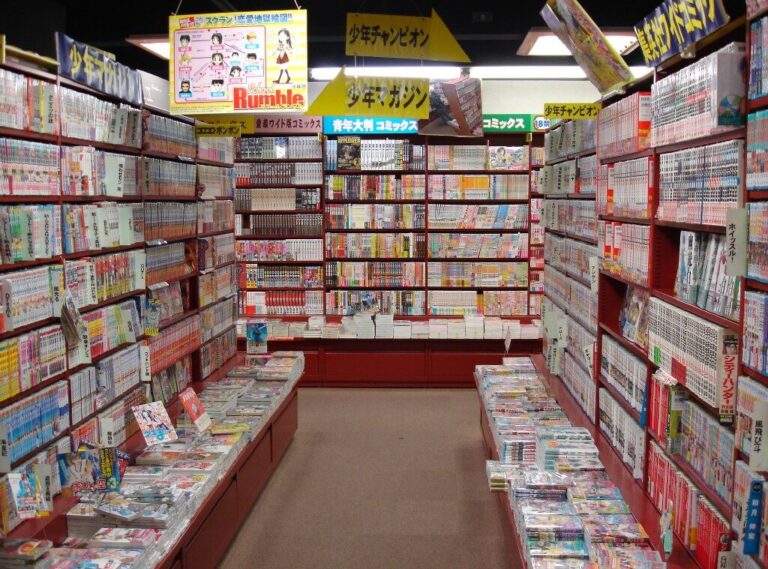
On December 15th, the Tokyo Assembly (part of the local government) approved Bill 156, a reworking of an earlier-proposed bill referred to as “the Non-Existent Youth Bill.” Bill 156, sometimes called the Tokyo Youth Ordinance Act, is causing a stir…
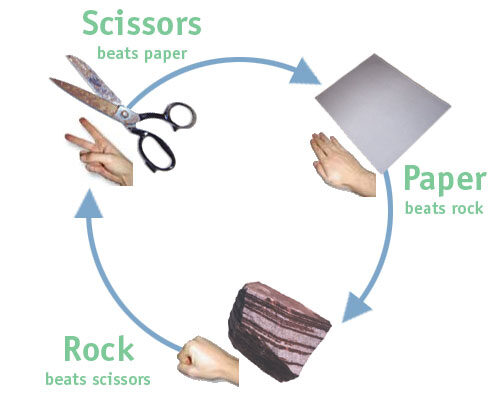
Since what we know in the West as “Rock, Paper, Scissors” (or “Stone, Paper, Scissors”) was developed in China, it shouldn’t be a surprise to discover that the game exists in many countries around the world. The sheer amount you…
How would you give advice when speaking Japanese? Depending on the context, you could tell someone that “it is better to… [do this.]” The Japanese equivalent of “It is better to…” is “hou ga ii desu,” which you place at…
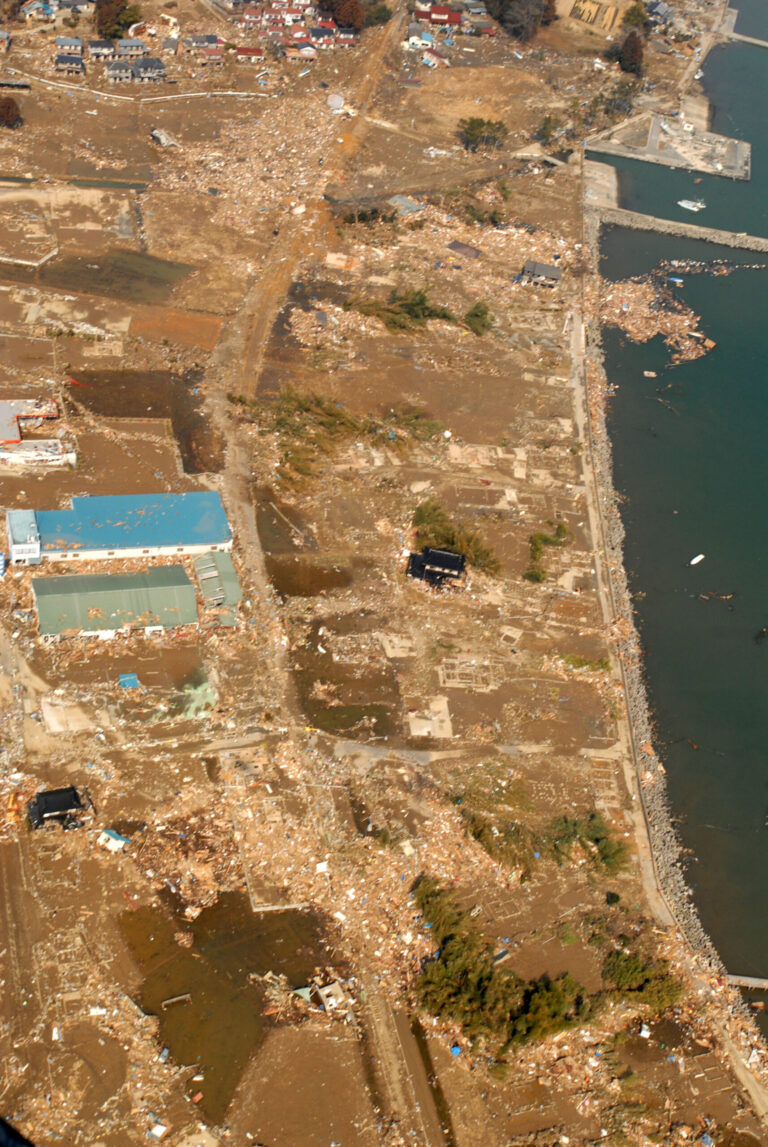
The past few days have seen Japan splashed across international headlines as the Japanese deal with the effects of the world’s 5th most powerful earthquake in known history. The 9.0-magnitude earthquake struck the Tohoku region primarily on the northeast coast…
Today we’re continuing our lesson on Japanese suffixes by going over a couple more important suffixes in the Japanese language. Sensei Sensei is a suffix used only with family names as a term of respect. More polite than san, sensei…
In Japan, where politeness in language is so important, suffixes are quite essential. What are suffixes? They’re words that come after other words—in this case, these suffixes are titles of address. A rough English equivalent could be the prefixes “Mr.,”…
If you’ve been teaching yourself Japanese with the grammar lessons on this site, you ought to have a firm grasp on basic counting in Japanese. You’ll need to know those numbers to be able to say the date in Japanese—but…
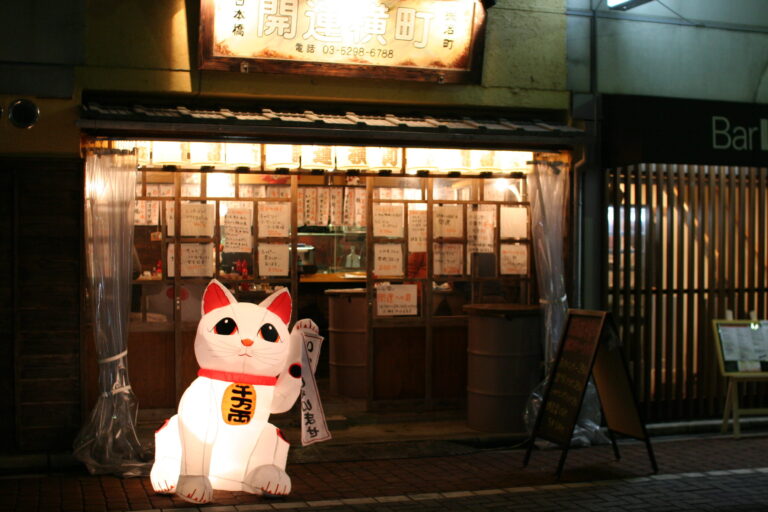
In Japan, a country in which professional matchmaking (called “omiai“) is still a viable method of meeting your fiance(e) (although a much less often used method than in the past), goukon is a popular method of meeting potential boyfriends or…
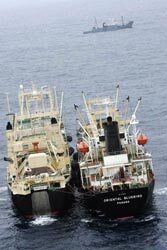
As we’ve previously covered, Japan conducts an annual whale hunting expedition despite the International Convention for the Regulation of Whaling asking that they do not. Japan always insists the whaling is performed for the purposes of “research,” but a lot…